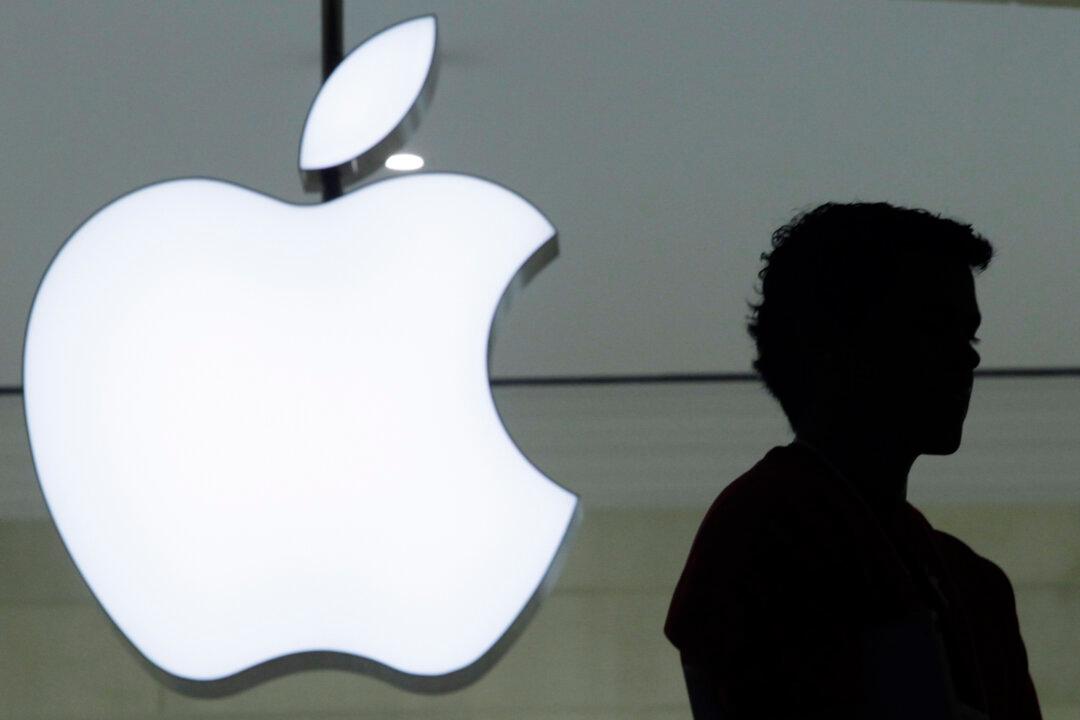The Department of Justice will continue to demand that Apple unlock an iPhone in a New York drug case, it said in a legal filing on April 8.
In a letter to Brooklyn judge Margo Brodie, federal prosecutors said they still want an order requiring the Cupertino-based company to help unlock an iPhone.
The government's application is not moot.




